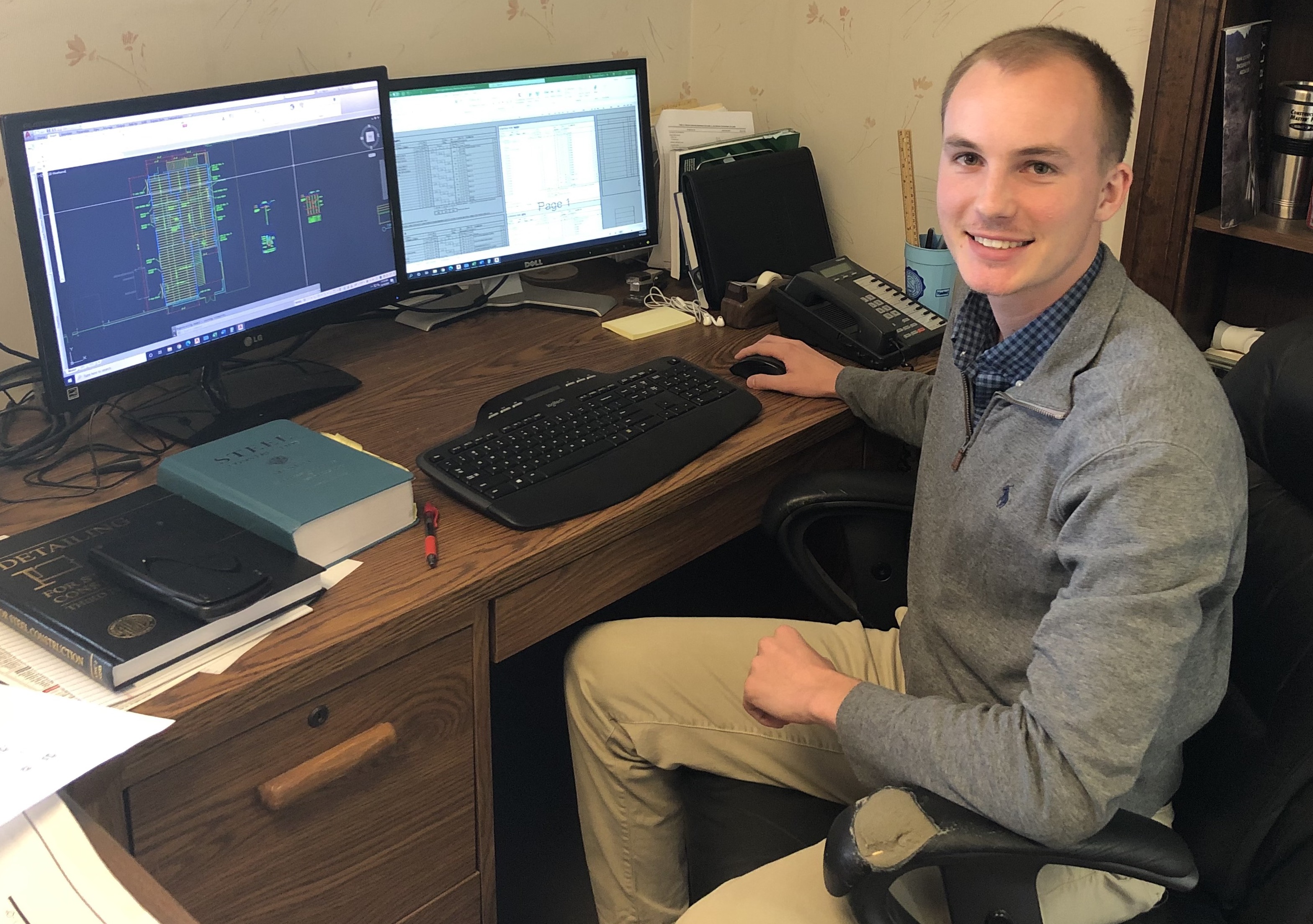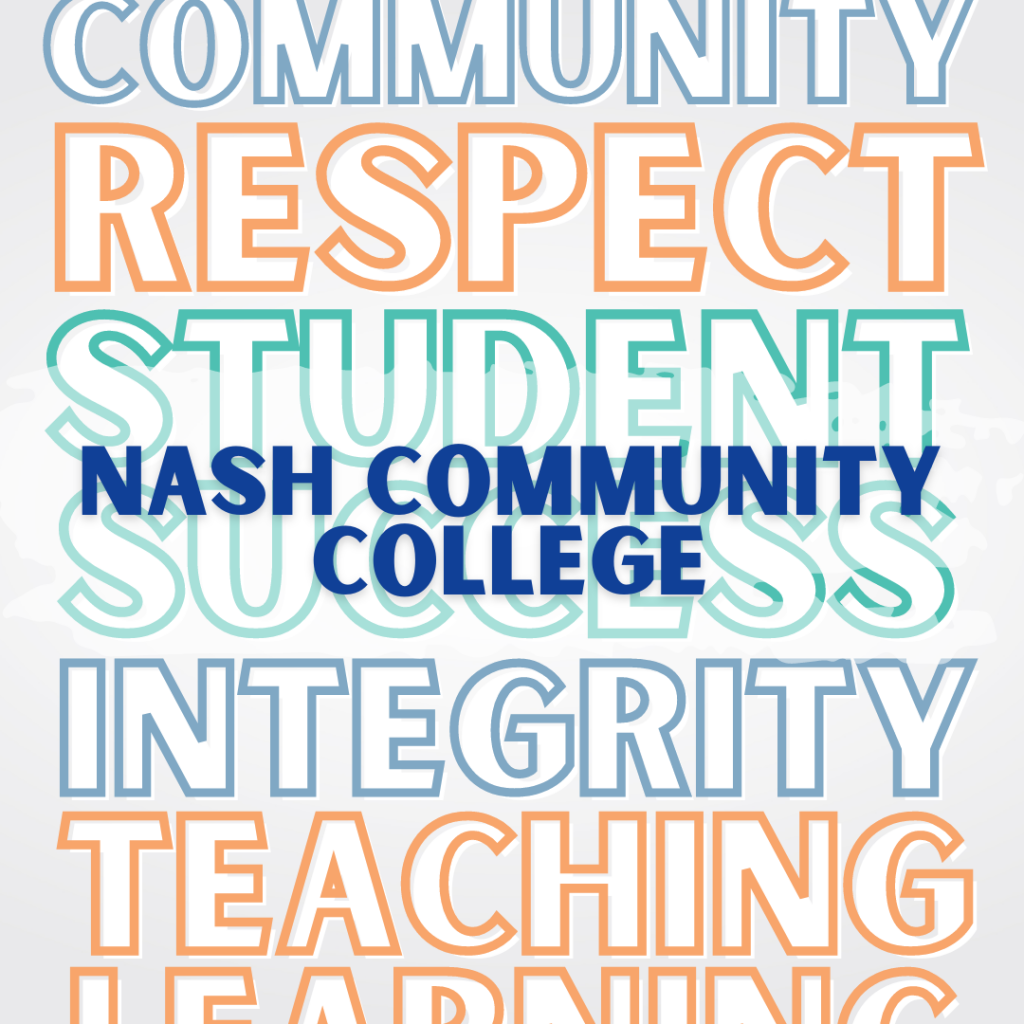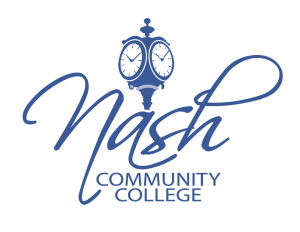NCC Grad Launches Engineering Career

Coleman Cherry, Smithson, Inc. Engineering Intern
“I knew early on that engineering was for me,” Coleman Cherry said. “As a kid, I loved building things, creating LEGO cities, problem solving, and taking things apart just to see how they worked.”
Coleman Cherry grew up in Red Oak, NC. He graduated from Northern Nash High School in 2016.
“After high school, I enrolled at Louisburg College to continue my athletic career in cross-country and track and field,” he said. “However, Louisburg did not have all the classes I needed to transfer into NC State University’s engineering program, so I spent three semesters at NCC taking those classes. At Nash, I felt welcomed by the students and faculty right away. The small class sizes allowed for more one-on-one time, as well as thorough instruction, especially in more difficult classes such as Differential Equations and Physics II.”
Shilo Lawrence teaches those upper level engineering courses. “Coleman Cherry was a very hardworking and dependable student,” she said. “He always turned in work that I considered exemplary, that could be used as an example for his classmates on how to effectively communicate mathematics.” Lawrence is NCC’s Associate in Engineering and Transfer Director and Professor of Mathematics and Engineering.
Cherry landed a part-time engineering internship with Smithson, Inc. while he was a student at Nash. The Rocky Mount-based design-build contracting company is where he works full-time today. He graduated from Louisburg College and completed his Associate in Science degree Nash in 2018, with highest honors.
“Upon my transfer to NC State, many fellow engineering students mentioned how they barely scraped by in those classes, or that they were taking them for the second time,” he said.
At the university, Cherry majored in civil engineering with a structural concentration. “Walking into my first engineering class there was of course very daunting,” he remembers. “The transition from classes of 10 or so students to 100 or so students was certainly a big one. In these classes, however, I felt just as prepared as my peers who started their schooling at NC State. As my classes became more and more specific, I was able to make friends and meet up with study groups, which helped greatly. My senior elective classes consisted of usually no more than 40 students, so it started to feel a little more like Nash.”
Even at NC State, Cherry said he noticed a strong correlation between his class size and his grades. “The smaller the class, usually the better I did. Thanks to study groups and more one-on-one assistance from the professors, I was able to graduate with honors on December 3, 2020.”
To gain status as a professional engineer, Cherry must work under a professional engineer as an intern for four years, and then pass the North Carolina Professional Engineer licensing exam. In his role at Smithson, he specializes in the structural aspect of civil engineering, but also has exposure to site work, land development, geotechnical engineering, pavement design, and mechanical/electrical systems in buildings. “Civil engineering is one of the broadest engineering disciplines,” he said.
His area of work falls on the design side of things using AutoCAD, Excel, and other engineering programs. “Some days I am tasked with drawing up plumbing, electrical and mechanical plans and making calculations that are relevant to those aspects. Other days, I design site plans or calculate the sizes of structural members and design structural aspects of buildings.”
Students in NCC’s Associate in Engineering program gain a solid foundation in quantitative reasoning and problem solving which are used in a wide range of engineering careers. The degree requires successful completion of a minimum of 60 semester hours of credit (SHC) of courses that are accepted at Engineering programs at East Carolina University, North Carolina State University, North Carolina A&T, UNC-Charlotte, and Western Carolina University. Completing the first two years at NCC could save students more than $30,000 when compared to attending all four years at a university.
“I would absolutely recommend NCC’s engineering program,” Cherry said. “Not only is there a financial benefit to attending the community college, but there are also opportunities for more intimate lectures that are tailored to the students’ needs. This helps immensely with understanding the course material. There was no gap between myself and native juniors at NC State.”
For more information or to enroll at NCC, call (252) 451-8398 or email smlawrence923@nashcc.edu. Spring Semester classes begin January 11, 2021.









